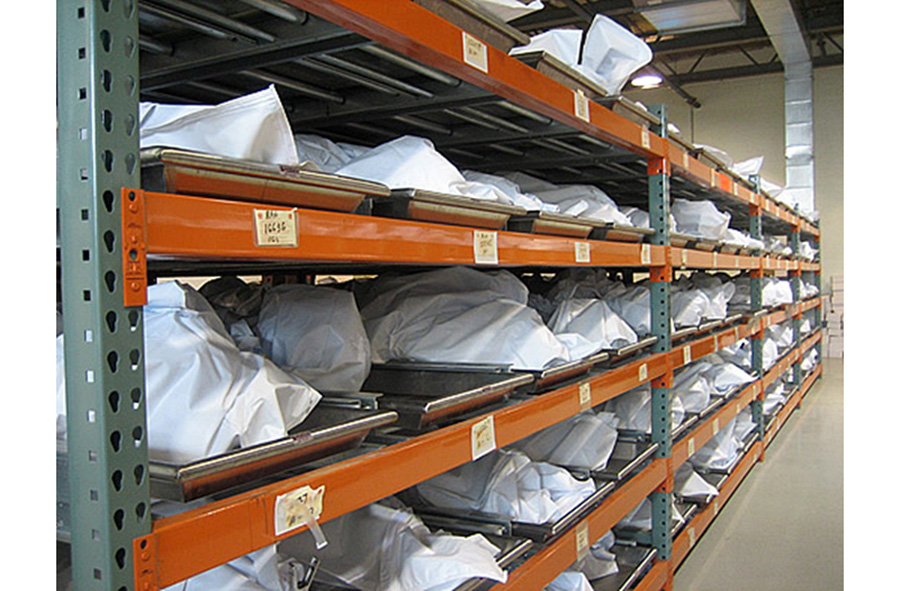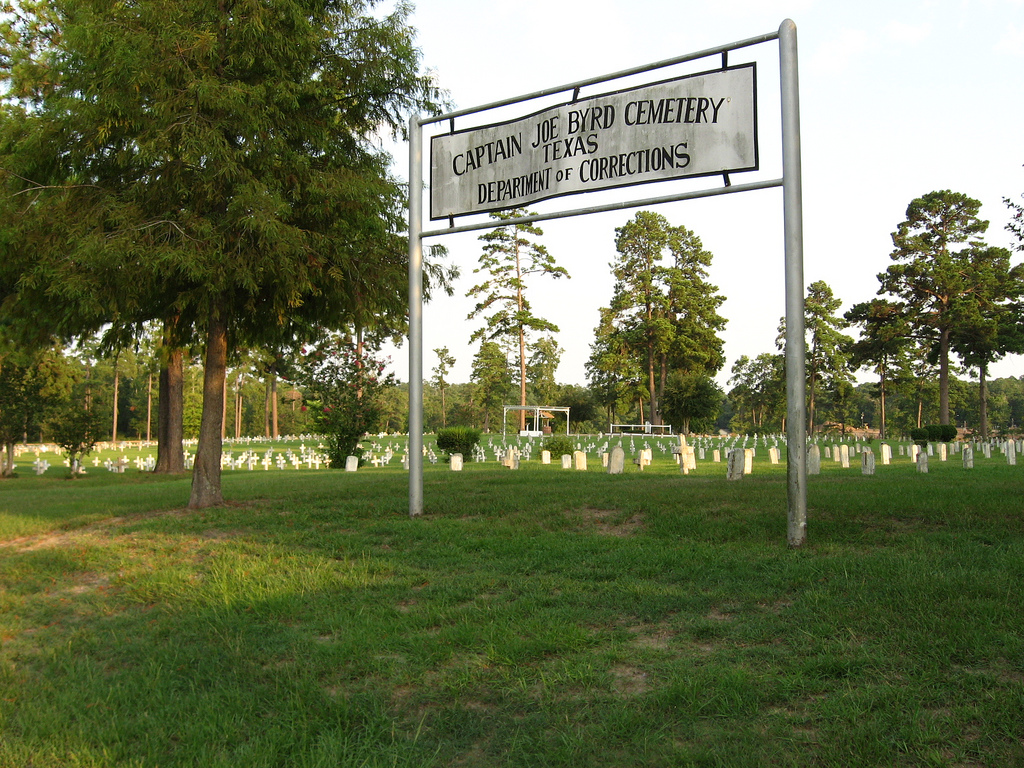Living to 120 and Beyond: Americans’ Views on Aging, Medical Advances and Radical Life Extension
Pew Research Center (August 2013)
If new medical treatments could slow the aging process and allow people to live to age 120 and beyond, would you want to? A new survey by the Pew Research Center finds that most Americans say “no” – they personally would not want a radically extended life span. But roughly two-thirds think that most other people would.
Dying with Dignity and the Final Word on Her Life
by Michael Winerip, New York Times (August 05, 2013)
Those closest to Jane Lotter recalled her as spunky, self-aware and wise beyond her 60 years. So when she told her family that she planned to write her own obituary, they weren’t surprised.
Fatal Mercies
by Frank Bruni, New York Times (August 11, 2013)
The assisted-suicide prosecution of a Pennsylvania woman who allegedly gave her father the morphine he requested seems both imprudent and inhumane.
Nurse Charged with Assisting in Her Father’s Death
by Richard Knox, National Public Radio (July 31, 2013)
Pew Research Center Reports on Life Extension, Bioethics, Religion, and Ethnic Groups
To Count Our Days: The Scientific and Ethical Dimensions of Radical Life ExtensionReligious Leaders’ Views on Radical Life Extension
Racial and Ethnic Groups View Radical Life Extension Differently
Some Further Articles on the Pew Report
Slate: Fear of Immortality
Americans don’t want to extend their declining years. But what if you could stay young?
by William Saletan, Slate (August 06, 2013)
The Atlantic: Cheating death and being okay with God
Among the widespread coverage of the Pew Research report on radical life extension was this piece in The Atlantic, which highlights the fact that one-in-four Americans believe that, by the year 2050, the average person will live to be at least 120. The article also looks at some religious leaders’ reactions to that possibility.
The Associated Press: Aging America: Living to 120? No thanks, many say in new survey
The Associated Press highlights several findings from the Pew Research survey on radical life extension, including that most Americans say they want to live to be 79 to 100 years old; the median age to which survey respondents want to live is 90 years.
Over the last few weeks, a series of death-related articles overlapped. One series of stories focused on a recent Pew Research Center report on Life Extension. The other stories discussed assisted dying. The overlap was interesting because if and when radical (or even medium-ish) life extension is achieved, then an entirely new kind of assisted dying debate will ensue.
For those not up to speed on the life extension arguments, I suggest reading through the Pew materials. What’s key with any plausible life extension model is that it increases human lifespan while significantly decreasing (or stopping) human ageing. In other words, if you live to be 500 years old, you do not want a body that is physically 500 years old. For most life extension arguments to succeed, then the human bodies biological systems will have to be augmented or changed to prevent ageing.
Assisted dying and suicide debates have followed alongside life extension discussions since individuals with radically longer life-spans (where physical ageing is stopped) may choose to simply end their lives as opposed to waiting another 100 years for death.
These are all speculative points, but worth contemplating now as really important thought experiments.
Here is another way to think about the connections between human mortality, death, and ageing. All of the health problems we humans associate today with old age (arthritis, cancer, alzheimer’s disease and dementia in particular) might also be ways of saying ‘ageing.’
So, if you want to live forever then you better stop the body’s physical breakdown, otherwise death will become preferable to life at all costs.



 When the Death Reference Desk started in July 2009, we immediately began discussing death, dying, the dead body and the economy. You can read all of those posts in the
When the Death Reference Desk started in July 2009, we immediately began discussing death, dying, the dead body and the economy. You can read all of those posts in the 
